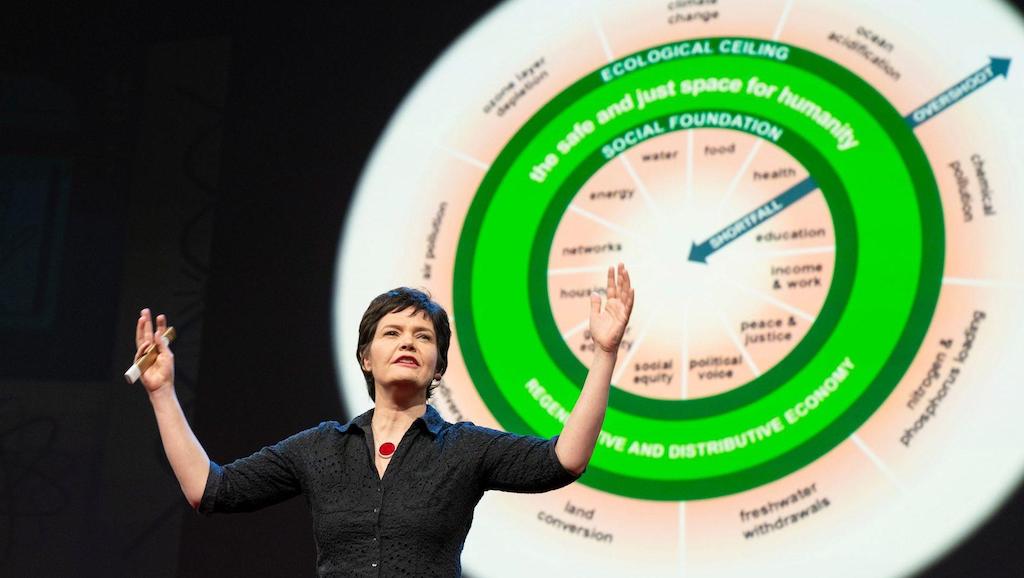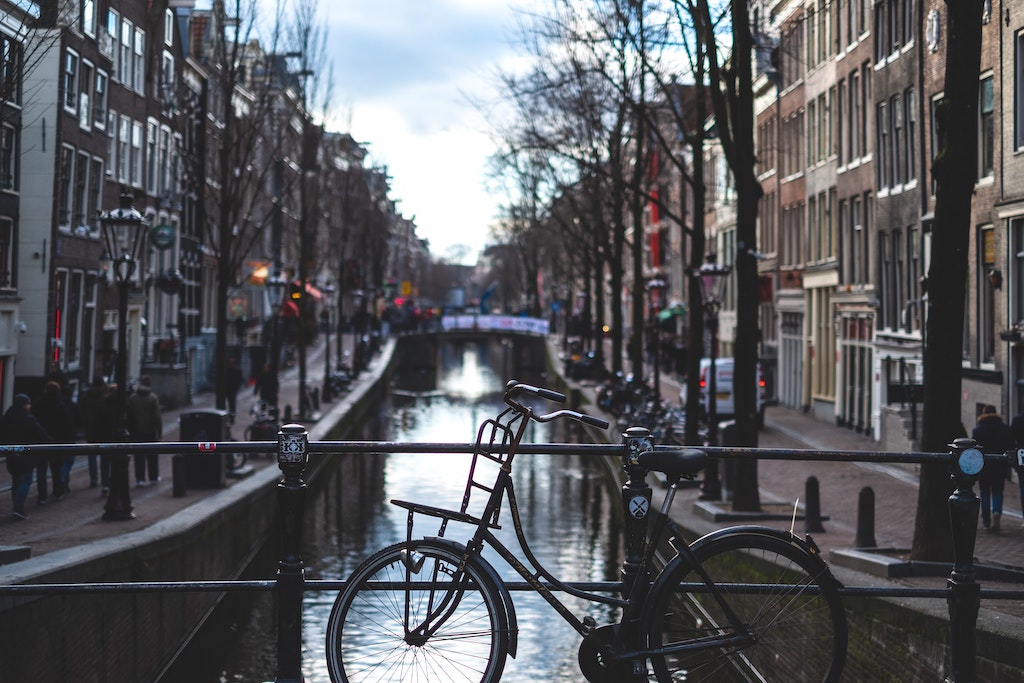3 Mins Read
As the Dutch capital begins to plan for its post-pandemic recovery, it is ditching traditional financial models for a new “doughnut” metric, a system that keeps poverty at bay while ensuring environmental sustainability. In doing so, it will become the first city in the world to officially adopt the model, and might just become a role model for other major cities across the world as we begin our coronavirus rebuilding process.
The “doughnut” model of economics was developed by British economist Kate Raworth of the Environmental Change Institute at Oxford University to visualise the goal of meeting the needs of all humans and the living planet. The inner-ring of the doughnut represents the minimum standard of living based on the United Nations’ Sustainable Development Goals (SDGs) – this means that everyone is entitled to the basic essentials to thrive, such as food, clean water, shelter and gender equality. Raworth’s model dictates that no person should fall into the centre of the doughnut, where they cannot afford these basic needs.
On the other hand, the outer-ring of the doughnut symbolises the environmental limits of our planet, such as mass biodiversity loss, air pollution and the climate crisis that may drive humanity to collapse.

Amsterdam, in adopting this model for its post-coronavirus rebuilding plan, wants to be able to straddle both these rings – to make the city a place where people can thrive and the well-being of the planet is maintained. Commissioned by the city government, Circular Economy Amsterdam is now leading the charge to help create strategies to close the loops in all sectors of the economy, from plans to become a carbon-neutral economy to ensuring that all produced materials do not end up in landfills.
It represents one of the first cities to combine interconnected topics such as climate change, health, education, poverty and equality into one umbrella, so that the targets driven by the government will have to meet the needs of the people and the planet, both socioeconomic and environmental.
For example, in the issue of housing, the city must think about increasing housing capacity to help tenants pay for other basic bills amidst rocketing rental prices, but also think about how to do so without impacting air pollution and health.
The “doughnut” approach also considers the impacts beyond borders, so in the case of housing, if the city government has to import materials and goods from Chinese factories, they will have to consider the pollution, carbon footprint and human rights issues across the global supply chain.

Speaking to the Guardian, Amsterdam’s deputy mayor Marieke van Doorninck said: “I think it can help us overcome the effects of the crisis…It is to help us to not fall back on easy mechanisms.”
As scientists continue to stress that humanity must reset its relationship with nature if we are to avoid more deadly pandemics to come, Amsterdam’s adoption of the “doughnut” metric might serve as a role model for other major cities. In late April, the secretary general of the United Nations Antonio Guterres called on the need for all governments to “build back better” in the post-pandemic recovery to create sustainable and inclusive societies.
This was echoed by the United Nations climate chief Patricia Espinosa, who said: “With this restart, a window of hope and opportunity opens…an opportunity for nations to green their recovery packages and shape the 21st century economy in ways that are clean, green, healthy, safe and more resilient.”
Read our earlier coverage of Covid-19 here.
Lead image courtesy of Shutterstock.




